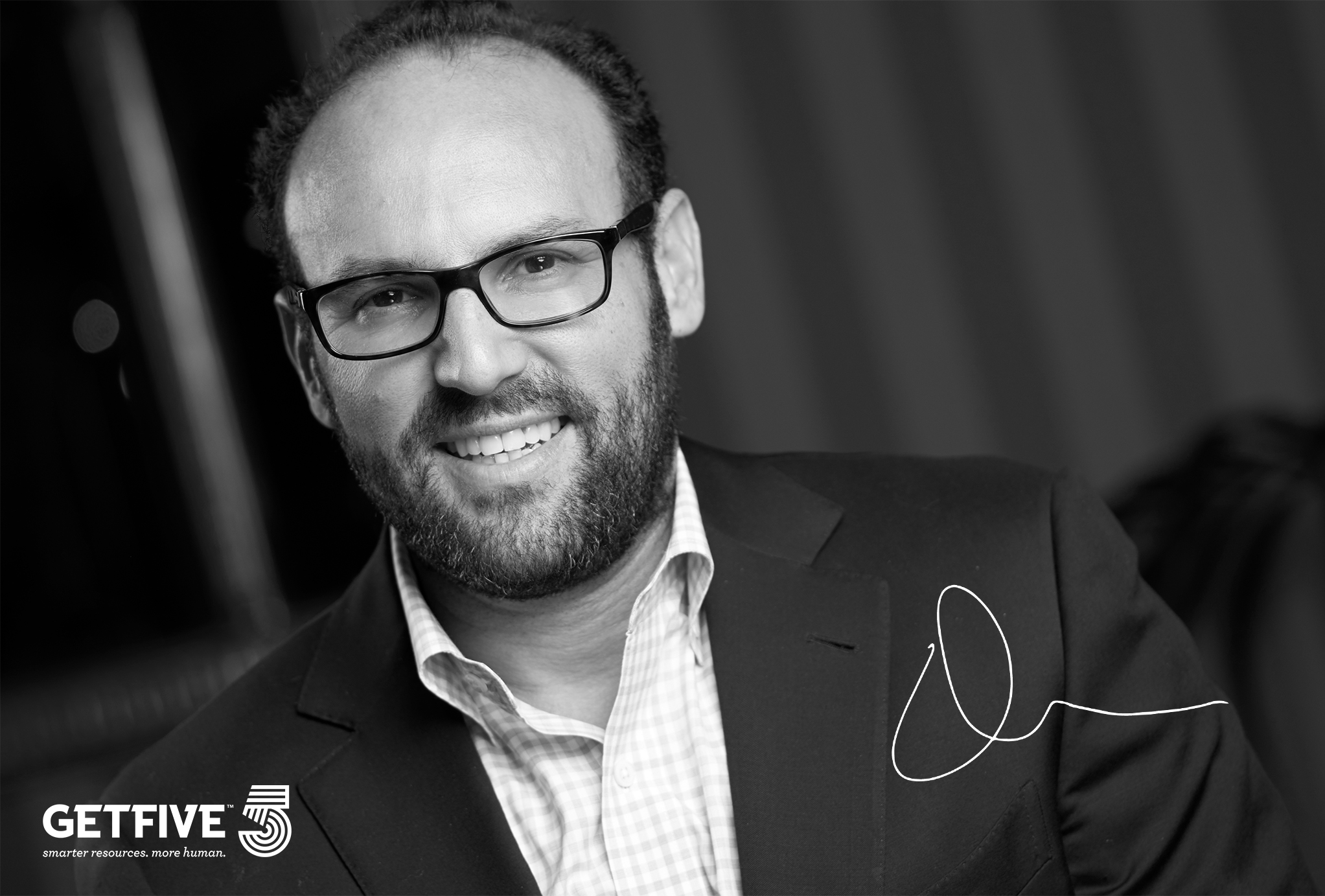McKinsey ran a great article recently that got me thinking about the imperative to drive innovation and anticipate change within our organizations. It’s not enough to roll with the changes; it’s about anticipating the changes. Titled “Mobility’s second great inflection point,” the piece talks about how radically new dynamics in the early 20th century transformed cars, and in turn, the world.
It cites a famous quote by Henry Ford. It’s in doubt whether he actually said it or just believed it, but the impact is the same. “If I had asked people what they wanted, they would have said faster horses.”
Let that sink in for a minute. Consumers in 1900 thought the idea of greater mobility meant faster horses. Every one of us today knows what it really means. And Henry Ford knew it then. Look what that concept, greater mobility with Ford and others as the innovators, has spawned. Cars, parking spaces, a nationwide network of roads with gas stations every few miles, motels for goodness’ sake, the ability to travel quickly, thereby making this country smaller and more accessible, convenience stores, car repair businesses, car washes, the list goes on. It’s hard to imagine an area of life that hasn’t been impacted, transformed, changed or even made obsolete, by that one concept — the need for greater mobility.
But there’s another wrinkle to this concept that’s no less interesting or riveting. I loved this reference in the McKinsey piece: “A forecast in 1894 envisioned nine feet of manure on the streets of London by the mid-1940s.” Whoa (literally). The need for greater mobility, to most consumers, meant more horses. And the growing need for four-legged transportation meant the growing problem of waste buildup on the streets.
Using, or more exactly, inventing new technology wasn’t intended to solve that waste problem. But it took care of it all the same. It’s a powerful reminder to us that really big, catastrophic problems can be solved, and it can mean more opportunity for growth, more industries, more money. The ultimate win-win. It’s hard not to draw some parallels with today’s climate change. Can we save the planet and birth new industries, sectors, and opportunities in the process by anticipating needs and solutions? Or are we just the same as those consumers in 1900 who thought the solution to their mobility problem was faster horses, and that the waste problem was just going to have to be endured?
The answer, I think, is obvious. Netflix knows which movie I want to watch tonight before I do. Amazon knows which books I like to read. McDonald’s just signed a deal with an AI company that will be the grammar police for its job postings, anticipating what sort of language top applicants will be drawn to. Big data is in the business of anticipating consumer needs, and radical innovation and transformation can’t be far behind.









